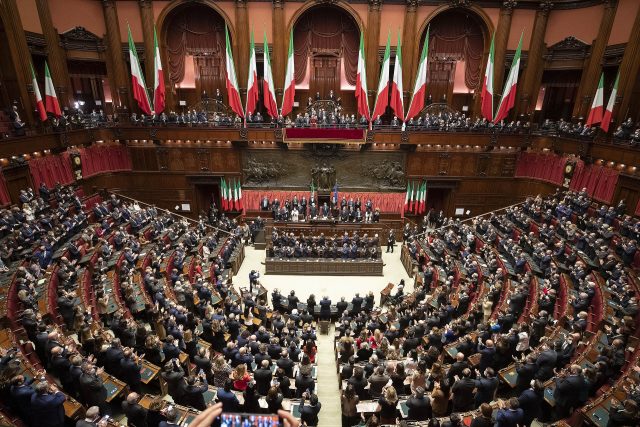
The European Parliament has recently published a study which compares how petition is regulated in different national legal orders.
Out of the twenty-seven EU Member States, only three do not recognise citizens a right to petition, namely, Cyprus, Finland and Sweden. Within those that do, all accept petitions filed by legal persons, except for Bulgaria and France.
Three Member States require a minimum number of signatures for a petition to be admitted: 10,000 in the case of Latvia, 1,000 in Estonia and 500 in Austria. Five further Member States establish thresholds for the petition to be awarded a hearing: 50,000 signatures in Germany, 25,000 in Belgium, 10,000 in Czechia, 4,500 in Luxemburg and 1,000 in Portugal. Additionally, another three Member States demand a minimum number of signatures to allow for a debate in plenary: 500,000 in France, 100,000 in Slovakia, and 7,500 in Portugal (Portugal admits a debate in committee with just 2,500 signatures).
Four Member States different from the previously mentioned, Lithuania, Romania, Slovenia, and Spain do not permit to add signatures once the petition has been admitted.
In terms of substance, four Member States exclude petitions related to justice: Belgium, Germany, Portugal, and Slovakia.
From these, Hungary and Italy grant petitioners the possibility to add information relevant to the petition during the petitions process.
The Parliament in Bulgaria also does, plus the latter hears petitioners on all occasions, indeed a very transparent practice.
Croatia does not close a petition until the competent body provides a reply. Similarly, Poland proceeds to closure with the approval of a resolution. Both systems are positive in terms of incentivising a reply/a resolution as a response to the exercise of his right on behalf of the petitioner.
However, three Member States close a petition at the end of the parliamentary term; these are Belgium, Italy and Spain. This is not considered a good practice, as there might have been not enough time to deal with the matter properly, in particular if the end of a parliamentary term is not fixed, but depends on a free decision of the executive. There is no reason why the new legislature could not deal with the open petition, rather than having the latter terminated.
Spain and Bulgaria are the only two Member States which, in the case of a decision to close a petition, such decision can be appealed, as a wider right to the person having filed the petition.
In terms of length, the fastest typical period from receipt to closure are found in Luxembourg, Slovenia and Turkey; on the other end of the spectrum, the slowest are Bulgaria, with 12 months, followed by Portugal, with a great variation between 1,5 months and 12 months.
Most Member States, with the exception of Slovenia, publish petitions on their respective webpages.
The study does not include any information on Denmark, Greece, Ireland, Malta or the Netherlands, as neither of them submitted information to the European Parliament Policy Department for Citizens’ Rights and Constitutional Affairs.
This, of course, is not a good practice from any of the five, but information can be completed according to various sources.
In the case of Denmark, Article 58 of its 1953 Constitution provides that petitions may be submitted to the Folketing, the national Parliament.
As for Greece, Article 10 of its 1975 Constitution establishes that ach person, acting on his own or together with others, shall have the right, observing the laws of the State, to petition in writing public authorities, who shall be obliged to take prompt action in accordance with provisions in force, and to give a written and reasoned reply to the petitioner as provided by law.
Ireland’s Parliament webpage clearly explains the right to petition on behalf of their citizens. The Parliament of Malta also accepts petitions and publishes them on its webpage. Finally, the Netherlands’ Grondwet (Constitution) recognises petitions on Article 5.
Source of image: Wikipedia



 Subscribe
Subscribe